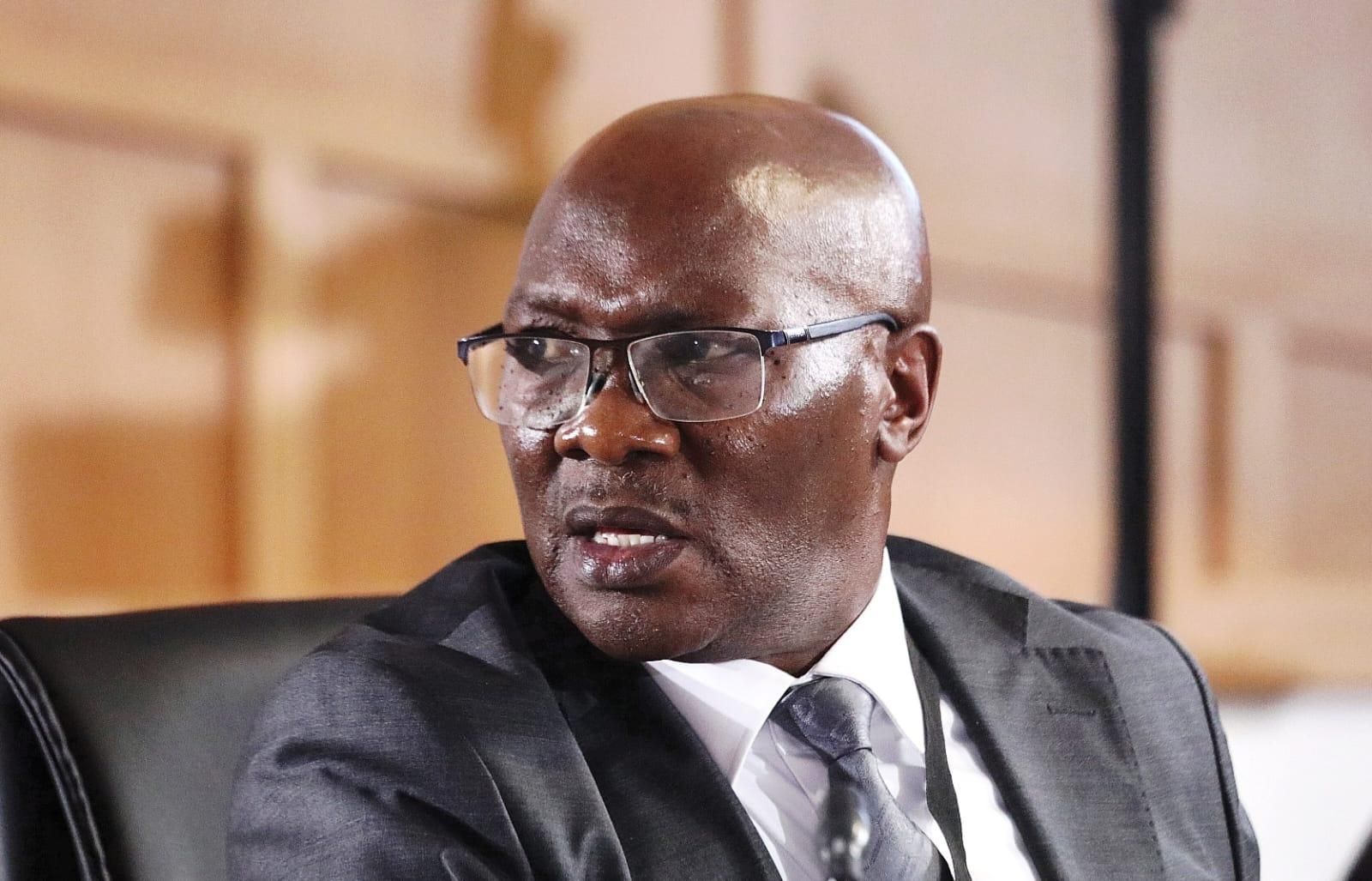News
SAPS Officers Exposed as Contract Killers: Crime Intelligence Warns of Deep Infiltration

Inside the Madlanga Commission’s Alarming Revelations
South Africa’s fight against organised crime has taken a darker turn. New evidence before the Madlanga Commission has revealed a disturbing trend: serving members of the South African Police Service (SAPS) are being hired as assassins.
Testifying before the commission, Lieutenant-General Dumisani Khumalo, head of Crime Intelligence, said that syndicates involved in political and commercial killings have begun recruiting trained police officers to carry out hits. The reason is as practical as it is chilling: experience, access, and inside knowledge.
“They want members who have experience or are still serving within the criminal justice system,” Khumalo explained. “We’ve seen coordinators and hit organisers deliberately target SAPS officers to act as their killers.”
The Case That Pulled the Thread
The murder of engineer Armand Swart in Vereeniging last year has become the case study for this phenomenon. Swart was shot dead on 17 April 2024, reportedly in a case of mistaken identity linked to a Transnet whistleblower scandal. Investigators believe the killers were meant to silence the person who exposed a massive pricing scam, one where R3.90 machine springs were resold to the state rail company for R151 each.
Swart’s death exposed a chilling level of infiltration within law enforcement itself. The alleged hitman, Warrant Officer Michael Pule Tau, was once a detective at Johannesburg Central Police Station. He was arrested alongside two others, Musa Kekana and Floyd Mabusela, within hours of the shooting.
Months later, businessman Katiso “KT” Molefe was arrested as the alleged mastermind.
“Not a Surprise,” Says Crime Intelligence
For Khumalo, Tau’s involvement was not unexpected. “That development was consistent with what we’ve been observing,” he told the commission. His testimony painted a grim picture of law enforcement officers moonlighting as assassins for hire, a situation he described as “an infiltration from within.”
Khumalo revealed that after Tau was released on medical bail, he violated his conditions and was rearrested. A state prosecutor even warned senior officials that “the lives of investigating officers are in extreme danger,” citing Tau’s criminal contacts and access to technology.
The prosecutor’s letter called for urgent protection of investigators and evidence, underscoring just how sophisticated and dangerous these assassination networks have become.
A New Approach to Fighting Organised Crime
In response, Khumalo and Lieutenant-General Nhlanhla Mkhwanazi, the provincial police commissioner, decided to restructure the Swart investigation entirely. Traditional detective work, Khumalo said, was no longer enough.
The case has since evolved into an analysis-driven, prosecutor-led investigation, supported by ballistic experts, digital analysts, and crime scene specialists, a collaborative approach that may become the new blueprint for tackling organised crime in South Africa.
A Country Demanding Accountability
The revelations have rattled South Africans already weary of corruption within the state. Social media users have expressed outrage, calling for deeper vetting within the SAPS and stronger whistleblower protection. For many, the fact that trained officers could be behind contract killings has shattered what little faith remained in the country’s policing system.
As the Madlanga Commission continues, Khumalo’s testimony is likely to open more uncomfortable truths. The question now is not just who is giving the orders, but how far the rot within law enforcement has spread.
Follow Joburg ETC on Facebook, Twitter, TikT
For more News in Johannesburg, visit joburgetc.com
Source: IOL
Featured Image: Cape Times



























